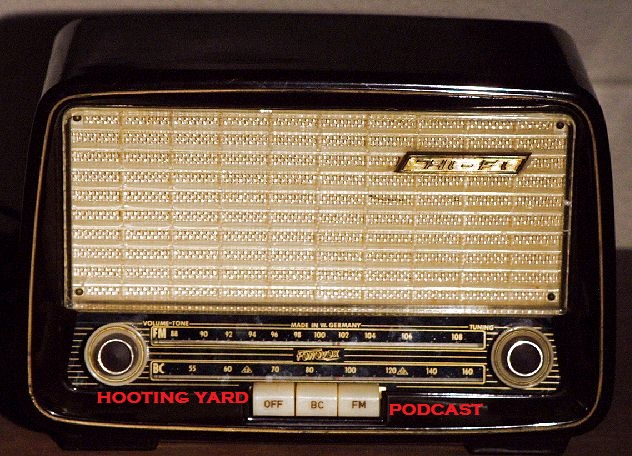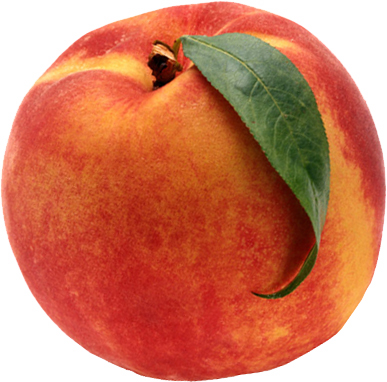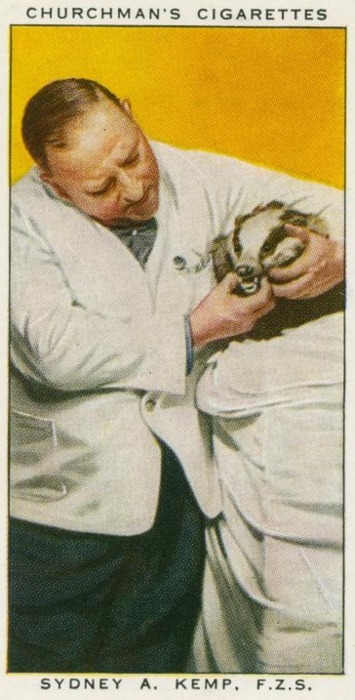I was at a swish cocktail party some time ago, dapper in my duds, leaning against a mantelpiece, when I overheard a snatch of conversation. One chap told another chap how he had lost his rag. My ears pricked up. I detached myself from my roost and stalked across to the chaps, butting in on their chat oblivious to the social niceties, as is my way.
“Did you just say you’ve lost your rag?” I demanded of the baldy beardy one of the pair.
He mumbled some blather in response, but I was barely listening, and I continued.
“I, too, have recently lost my rag. I wonder if there is a rag thief at large? You and I ought to join forces to recover our rags.”
The chap blinked, sized me up, and, in the manner of swish cocktail party guests the world over, discovered a sudden interest in someone or something on the far side of the room. I left the party shortly afterwards, dapper in my duds, with the conviction that there was more to the loss of my rag than I had previously realised.
It was a couple of weeks before the night of the cocktail party that I had lost my rag. It was a Wednesday. The sun that day was so bright it bleached the sky. I rooted around in a drawer to find my sunglasses, the same drawer where I kept my rag safe. But to my horror it was gone! The rag I had treasured for years was not in the drawer, and nor was it anywhere else in the house, which I turned upside down in my increasingly frantic searching. Eventually I slumped in the middle of the floor and held my head in my hands and sobbed convulsively.
Grubby and greasy and tattered and stained, my rag was my talisman. It had been given to me one special day years and years before, by a twinkly-eyed ancient, who pressed it into my hands as I was walking across Sawdust Bridge.
“Here, sonny, take this rag,” he croaked, in a voice both sepulchral and wise, “It is your rag, and so long as you keep it safe no harm will ever befall you. It is the rag of immortality.”
I never forgot those words. Even when, the very next day, harm befell me in the form of a sprained ankle, the result of an accident when cormorant hunting with my papa, I kept my faith in the rag. Common sense would suggest I was deluded, but common sense could go hang. At first, I kept the rag in my trouser pocket, until the day I sensed that its raggy power radiated far and wide, and shoved it into a drawer, where it nestled, protecting me by its mysterious grubby and greasy and tattered and stained effulgence. The drawer I kept locked.
The morning after the cocktail party I decided to track down the baldy beardy chap who had also lost his rag. It turned out he was a quantity surveyor with an office just the other side of Sawdust Bridge. I set out early. Snow had fallen, and the bridge was strewn with municipal salt and sand. As I crunched across, I was accosted by the twinkly-eyed ancient from long ago, now even more ancient and, I noticed, even more twinkly-eyed. I do not mean that he had more eyes, obviously, but that the two he had were twinklier.
“You have lost your rag,” he croaked in a voice even more sepulchral and wiser than I remembered, “To regain the rag you must go on a quest and face many perils.”
“I see,” I said.
“First you must complete your crunchy crossing of Sawdust Bridge. On the other side you will face the Terrible Lamppost of Sibodnedwab. Pass by it with care and continue on to the Squelchy Path. Squelch through it to its end and then clamber o’er the Palings of Reproach. Beware, for they are very pointy palings. Make your way to the Hideous Gloomy Cavern. There you will be challenged by the Grunty Man who dwells within the Hideous Gloomy Cavern. He will ask you three questions, in his grunty boom, and you must answer them correctly. If you do so, he will allow you to pass on to the Dilapidated Airfield where you must choose the one real airship from among a serried array of decoy airships. Fly in that to the Mysterious Important Mountain upon the peak of which you will meet an Adept of the Way of Trebizondo Culpeper. He will present you with a pair of skis which you must buckle on and then ski all the way down the Mysterious Important Mountain until you reach the Stricken Valley. Great are the perils of the Stricken Valley which you must overcome using skill and judgement and Brian Eno’s Oblique Strategies. Then you will come to the Dense Dark Woods. You must find within them the Thicket Of Clumps, and go thence to the Clump of Thickets. A tiny chortling man dressed all in green will meet you there and lead you to the Ice Cream Kiosk of Fate. Make sure you have enough coinage to buy a choc ice. It will be a poisoned choc ice which will send you into a swoon. When you awake, you will find yourself upon a raft out in the Vast Pitiless Sea, out of sight of land. Friendly sea creatures will come and push the raft towards the Dismal Island. It is inhabited by savages, whom you must placate with conjuring tricks. They will sacrifice an albino hen in your honour. Read the message in its hot bloody entrails. You will be told the next stage on your journey, which you will reach by hot air balloon. There you will find your rag, but it will be guarded by seven giants, each taller and fiercer than the last. You must slay each giant in turn, armed only with a pin-cushion and a pencil sharpener. Then, to reach the rag at last, you must swim across the Lake of Boiling Tar and paddle through the Puddle of Boiling Tar. You will find your rag in the nest of a swan. But it is no ordinary swan. It is a swan into whose head has been implanted a powerful computerised brain conceived by an impossibly intelligent homicidal maniac. Outwit the swan, and the rag is yours. Fail, and you will no longer be immortal. You will suffer from plagues and agues and boils and sores, and eventually, you will die.”
“Can I take the quantity surveyor with me?” I asked.
“You may not. You must set out alone, to regain your lost rag.”
So that is what I did. I completed my crunchy crossing of Sawdust Bridge. On the other side I faced the Terrible Lamppost of Sibodnedwab. Passing by it with care, I continued on to the Squelchy Path and squelched through it to its end and then I clambered o’er the Palings of Reproach. They were very pointy palings. I made my way to the Hideous Gloomy Cavern, where I was challenged by the Grunty Man who dwells within the Hideous Gloomy Cavern. He asked me three questions, in his grunty boom, and I answered them correctly, so he allowed me to pass on to the Dilapidated Airfield where I chose the one real airship from among a serried array of decoy airships. I flew in that to the Mysterious Important Mountain upon the peak of which I met an Adept of the Way of Trebizondo Culpeper. He presented me with a pair of skis which I buckled on and then skied all the way down the Mysterious Important Mountain until I reached the Stricken Valley. Great were the perils of the Stricken Valley which I overcame using skill and judgement and Brian Eno’s Oblique Strategies. Then I came to the Dense Dark Woods. I found within them the Thicket Of Clumps, and went thence to the Clump of Thickets. A tiny chortling man dressed all in green met me there and led me to the Ice Cream Kiosk of Fate. I made sure I had enough coinage to buy a choc ice. It was a poisoned choc ice which sent me into a swoon. When I awoke, I found myself upon a raft out in the Vast Pitiless Sea, out of sight of land. Friendly sea creatures came and pushed the raft towards the Dismal Island. It was inhabited by savages, whom I placated with conjuring tricks. They sacrificed an albino hen in my honour. I read the message in its hot bloody entrails. I was told the next stage on my journey, which I reached by hot air balloon. There I found my rag, but it was guarded by seven giants, each taller and fiercer than the last. I had to slay each giant in turn, armed only with a pin-cushion and a pencil sharpener. Then, to reach the rag at last, I had to swim across the Lake of Boiling Tar and paddle through the Puddle of Boiling Tar. I found my rag in the nest of a swan. But it was no ordinary swan. It was a swan into whose head had been implanted a powerful computerised brain conceived by an impossibly intelligent homicidal maniac. I managed to outwit the swan, claimed my rag, and made my way back to Sawdust Bridge. There was no sign of the twinkly-eyed ancient, but I saw the quantity surveyor, heading home from work. I accosted him, and told him I had got my lost rag back. I thought he would be pleased, but his eyes filled with tears, and he said:
“What does it profit a man, that he regains his rag but knows not the measure of the quantities he has surveyed?”
And he swept past me, hugging his briefcase to his chest, and trudged away into the salt and sand-strewn streets as night came crashing down.





